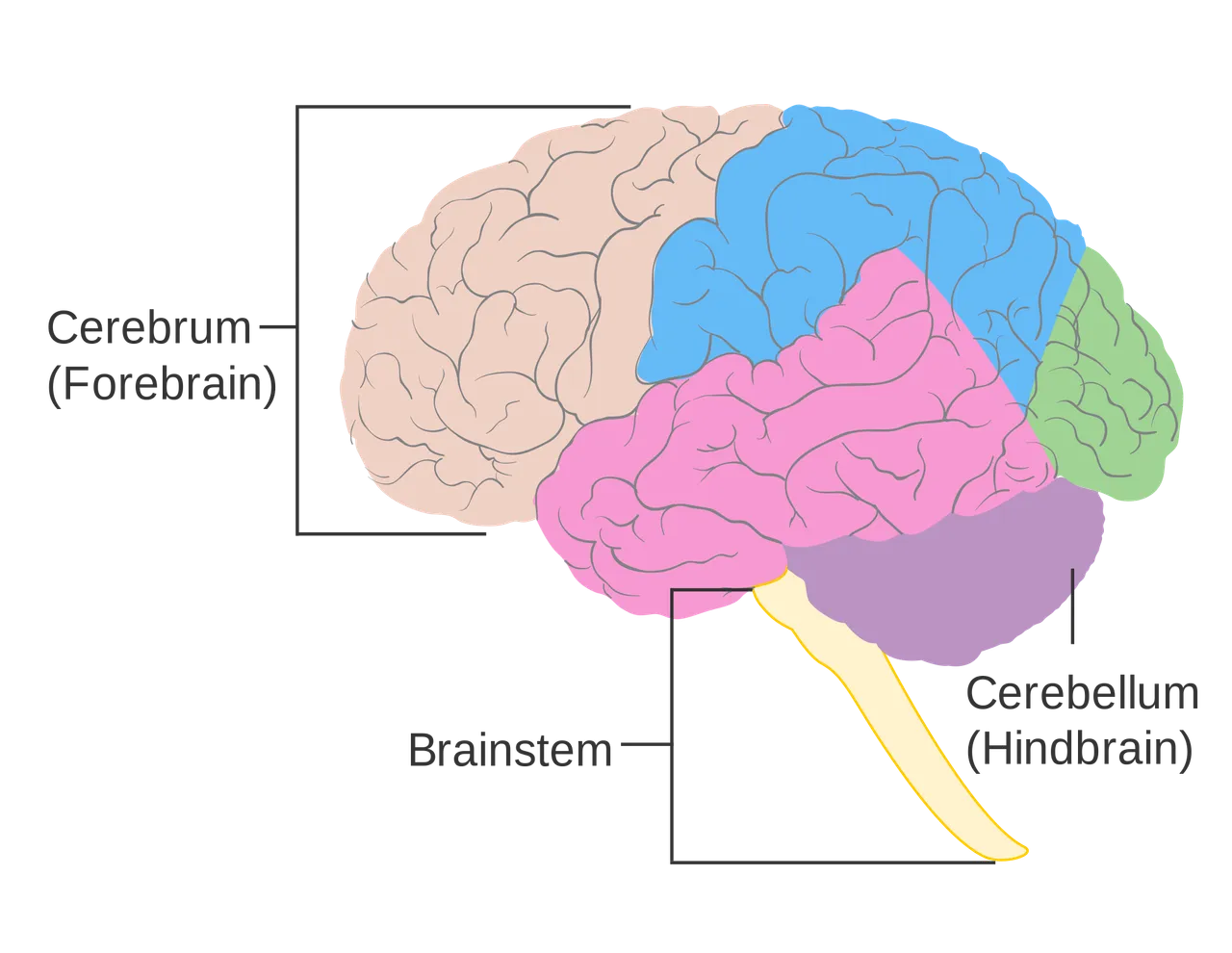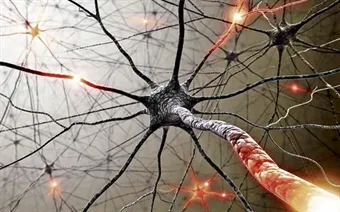The brain is called the most complex object in the universe. There are still more questions than answers about the functioning of the brain and the human mind, and it is often still philosophical when it comes to the brain. A bizarre organ made up of 100 billion nerve cells, i.e. neurons, connected to form a network of different billions of other networks. The limits and possibilities of our brain, which looks so incapable, are still unknown. Theories about what would or could happen if you can use 100 percent of your brain are enough there and in highest tension and unimaginability. Many researchers agree that the average human use about ten percent of his brain.
But what is the brain? How does it work? How exactly are for example memories? For example: according to a study, if you burn yourself, your finger with a lighter, in your brain will be the same networks activated, like when you have a romantic assignment. how does that fit together?
There's this universe and we have developed our brain as a complex life to experience it. How much our brains do for us so that we can perceive this world is unbelievable.
The brain is divided into four areas. The cerebrum, in which phenomena such as thought, memory, coordination of movements and so on are processing. This brain area is the largest and most developed. The cerebellum, which is ten times smaller than the cerebrum, is for example for the sense of equilibrium or language responsible. The interbrain processes for example hunger and thirst feelings as well as sadness and joy. And last but not least the brain stem where for example heart beats or breathing be regulated.
A distinction is also made between the left and right hemispheres of the brain. The left half of the brain is responsible for rational things such as numerical comprehension, logic, science, mathematics, language, writing, etc. The right brain, on the other hand, is responsible for skills such as imagination, creativity, spatial understanding, thought, intuition and so on.
The neurons, i.e. nerve cells in which all our experienced information is stored, communicate with each other neurons and have a connection with information. Even with the smallest details that we make during an experience, the brain works at full speed. You could say that there is a nerve cell to every knowledge or experience you make. Because experiences and knowledges are always connected with actions, smells, or other sensual experiences, these nerve cells are also connected with each other. A whole event thus consists of many connected neurons. The number of connections in a brain is estimated at 100 trillion. Maybe even more. The nerve tracts in an adult human are about 5.8 million kilometers long, so 145 times the circumference of the earth. The phenomenal thing is that these networks in the brain constantly change with new experiences, knowledge and perceptions. In the course of our lives, the experiences, knowledge and perceptions we make, are constantly changing, our brains - until our death.
Approximately 15 percent of the blood that the heart pumps into the body in a minute, gets the brain. The brain reacts particularly sensitively to oxygen deficiency, because the nerve cells die without oxygen. The brain needs about 20 percent of the oxygen that is in our blood. Up to 1200 litres of blood and 75 litres of pure oxygen flow through our brain every day. So we understand why it is important to do sports and thus to supply the brain with blood, i.e. the oxygen in it. Every new experience we make creates a new connection, a synapse between the neurons. If experiences are repeated, these connection bridges are only strengthened, which is why we can repeatedly remember things well. Synapses, on the other hand, which are rarely used, will breake down.What if our brain would not have this function to break down unused synapses? We would have information in our heads that we would not need at all. The question that arises here is, does our brain have limited memory space or why does our brain have this device?
It is such an incredible network in our body that we take it for granted that we don't even inform ourselves about it. The brain of a woman weighs about 130 grams less than the brain of a man, but it has no difference in intelligence and is even more efficient. If the brain were a hard drive, estimates say you could store up to four terabytes of information. About 10 years ago this estimate was 1 terabyte. 20 years ago it was 400 megabyte. Who knows how much we will learn about our brain in the next few years and how much memory space will be estimated?
There is always the comparison human with computer. The graphic card is the eyes, the sound card the ears and so on. But this comparison is a big mistake. Man would be nothing without his brain. In computers, however, all processes are divided into different components. If, then one would have to compare the brain with a computer.
Let's look at the whole thing more philosophically. If the brain stores everything in our life, so if all events in our life guide us afterwards, then our life should be predetermined by our brain. So if you scan our brain and everything in it, you could mathematically predict our life. Do we still have a free will then?
What happens to all our thoughts when we die? Does everything we have experienced disappear with our death?
And if we have not a free will, what is then with the soul?
Do we have a soul? If so, where is it located?






